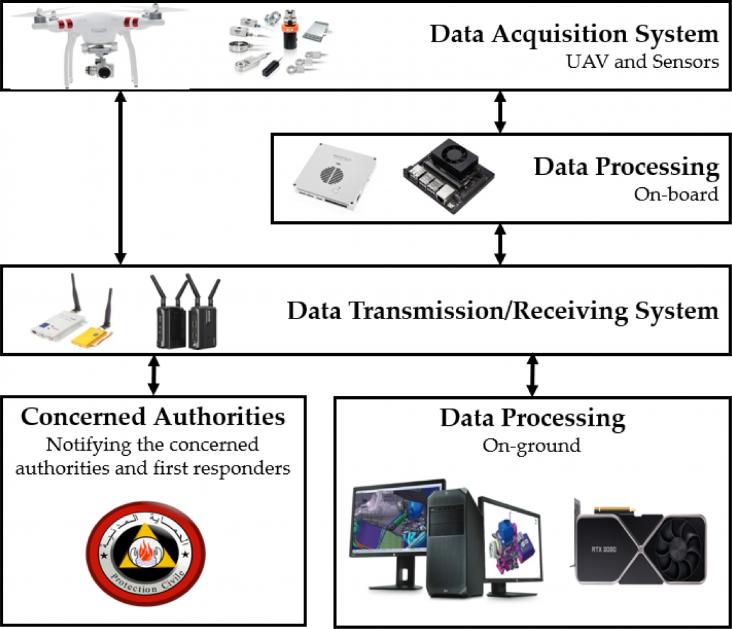Internalising health-economic impacts of air pollution into climate policy: a global modelling study
Background: Climate change and air pollution are two major societal problems. Their complex interplay calls for an advanced evaluation framework that can support decision making.
Mitigating and adapting to climate change requires decarbonizing electricity while ensuring resilience of supply, since a warming planet will lead to greater extremes in weather and, plausibly, in pow
The role of science in influencing climate policy.
Mutual understanding is important when trying to make beneficial climate changes.
The article highlights the significant threat climate change poses to global food security and micronutrient availability, particularly in low- and middle-income countries. It emphasizes that rising temperatures, elevated CO2, and extreme weather events will likely reduce the yield and quality of essential crops and fisheries. Effective mitigation strategies, such as biofortification, plant breeding, and genetic modifications, are critical to enhance crop resilience and nutritional content, ensuring food security and addressing micronutrient deficiencies amidst changing climate conditions.

Wildfire is one of the most critical natural disasters that threaten wildlands and forest resources.
As evidence of the health impacts of transportation investments has grown, planners have increasingly used health impact assessments (HIAs) to evaluate transportation plans, projects, and policies.
Fruits and vegetables are responsible for about 22% of food losses and wastes along the supply chain (not including the retail level).
Proteins serve as an imperative macronutrient in human nutrition and well-being.
